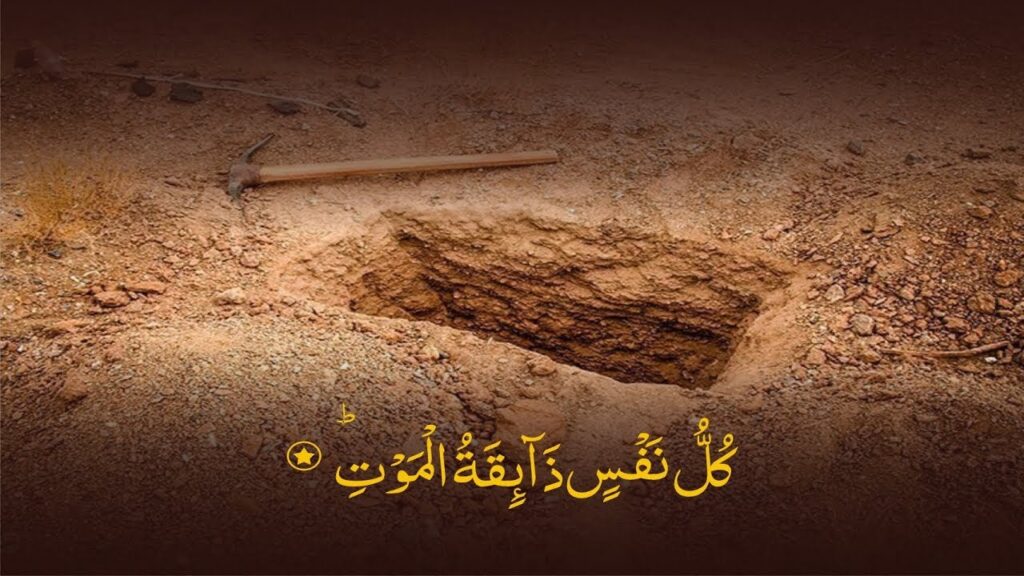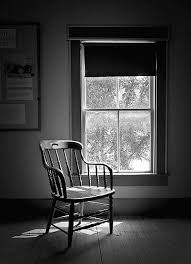By Mawlana AbdulRaheem Saheb, Bolton, UK
Shaykh Yunus Sahib (rahmatullahi alayhi) spent the whole month of Ramadhan according to his normal routine.
Hashim (his khadim) says he kept all fasts, performed all taraweeh, kept up with ma’moolaat of reciting Quran and the Majlis of Dhikr bi’l-Jahr (loud dhikr). In the last ten days, there were 110 Ulama Kiraam and Murideen who came to spend time with Shaykh.
He was in good spirits on Eid day as well. Mufti Abrar from Canada says his friend had brought some food for shaykh. And texted him that I’m here with shaykh, Do you want to talk to him? I can FaceTime you.” Abrar said “Will he talk on face time” his friend said hopefully he will. Abrar reluctantly said “Go on then.” Shaykh spoke and made light a hearted joke as well. There was a tree behind him and shaykh couldn’t figure it out so he asked “Is that your wife in burqa behind you?” He said “No, Hazrat I haven’t married yet.”
His remaining days were normal. Students had not yet arrived. People from the city would come and sit close by and benefit. One week before his passing away, he wasn’t feeling well.
On the 7th of Shawwal, Maulana Salman Sahib who is the Nazim of Mazahirul Uloom, gathered all teachers in the masjid and made iftitaahi dua, then he went up to Shaykh’s room with about seven to eight teachers to request for du’aas for the year that is commencing. Hazrat gave a few words of naseehat and said my health is not good and I don’t think I will be able to teach. Maulana Salman Sahib said “Hazrat, you say this every year. InshaAllah you will live for another ten years and keep teaching.” Shaykh smiled and said, “What am I going to do by living for ten more years?”
Mufti Tahir Sahib was also there. He says then Hazrat gave some advices about fitnas and staying away from fitnas. He made a short 2 minute du’a.
On the last jumuah of his life, he had performed ghusl, in spite of all difficulties. Then he had arrived at the masjid before everyone else like he used to do, and he had spent long hours in the masjid. I remember when I was studying here in 1984, I would see him come early and pray long nawaafil until khutbah. Once I saw him looking at his his watch and it was the first time in my life I had seen someone checking time during salah.
He was not so well but still kept himself busy. I asked Hashim if he had started work on Nibraas (his sharh of Bukhari, of which one volume has been published). He said “No, but the day before he died he was still studying and he wrote some notes on Hashiya of Musnade Ahmed.” Allahu Akbar! This is the day before he died.
He prayed Maghrib properly. At Isha time he was not well, yet prayed Isha while the person next to him had to remind him of the takbeers. He spent the night in a subconscious state (ghashi). At Fajr time, Hashim asked “Fajr ka waqt ho Gaya he wudhu kara dun? (It is time for Fajr. Shall I make you do wudhu?)” He said “kara do (go on)” but there was no movement in his hands, so they left him. Then Hashim asked “Khameera khilaaun? (Shall we give you some khameera?)” He nodded in approval, but he couldn’t open his mouth. Then Hashim held him in his lap. They alerted the Madrasah to call for a doctor, but no doctor was available, so they took him to the hospital who said the heartbeat is not there and Shaykh has already passed away.
Inna lillahi wa inna ilayhi rajioon.
May Allah elevate his ranks and grant him a high place in Jannah.
The news spread like wildfire. People began to arrive from all neighbouring areas. Police were alerted who provided excellent security. The army was also called in for protection. Many roads were blocked causing people to park their vehicles at a distance and walk for many kilometres.
The body was paced for people who wanted to see him for the last time. And queues were just huge, reaching as far as Jame Masjid.
People were coming from all over the place. Some youngsters were coming from as far as Ambala (name of a city). One person asked where are you going? They said one buzurg (saint) has died in Saharanpur, so we are going to his janaza. He said take me as well.
Locals say “Saharanpur has never seen such a huge janaza and possibly never will.”
Salatul janaza was scheduled after asr at 5.30. The organisers prayed their asr at 5.20 and when the large jamaat started, they lifted the janaza and began to walk towards the graveyard. This eased the passing through the narrow alleys and then by the time people finished their asr and proceeded to the graveyard, the janaza had already gone on to the wider roads. It was placed on qibla side and the rows were formed all over the roads and wherever possible. Some people, in their zeal, phoned their friends who kept their mobiles on and they joined the salah on their mobiles (although this is not correct, but the point is to demonstrate how zealous people were).
The janaza salah was led by Hazrat peer saheb, (Hazrat Mawlana Talha saheb) son of Hazrat Shaykh Zakaria Rahmatullahi alayhi, who had great love for shaykh and shaykh would also call him for dua on khatme Bukhari shareef.
The whole gathering was of locals. People from other states like Gujarat, MP, AP, Maharashtra, etc in fact most of India, were unable to make it. There was no possibility of foreigners making it.
The following day, foreigners and guests from other states began to arrive. Nazim Sahib had organised everything beautifully for all guests.
Shaykh’s khulafa, murideen, and students are still in shock at his sudden departure. But that is the way Shaykh lived and that is the way he left everyone. During his life, people would come to visit him, park their cars and rush towards his room. Many times it seemed as though he knew we were coming and he was waiting for us. He would get really happy. The hardest bit would be to leave him. It felt so sad to leave him in a state where he had no family nor anyone to stay with him on a permanent basis. And now he’s left us all, all of sudden. It feels so hard to leave Saharanpur.
Imam Bukhari Rahmatullahi alayhi died on the 1st of shawwal and Shaykh went from this dunya on the 17th of shawwal, just a few weeks after Ramadan. Ibn Rajab al-Hanbali (rahmatullahi alayhi) says that the pious would like for a person to die after a good action he had performed such as hajj or fasting of Ramadhan etc.
Shaykh Yunus Sahib (rahmatullahi alayhi) taught Saheeh Bukhari for nearly 50 years, starting from 1388 to 1437 AH.
My friend, Mawlana Arif, saw shaykh in a dream that he is sitting with another buzrug and on a chaar paai (bed). They both have a glass in their hands and they are enjoying the tasty drink.
Of course, he had gone through many tough times during his life, so he must be enjoying the rest he so much deserves. May Allah Ta’ala elevate his ranks among the illyyeen (elevated). May Allah Ta’ala keep him close to Imam Bukhari and Hafiz Ibn Hajar, and close to his beloved teachers and mashaaikh, in particular his shaykh and teacher, Barakatul Asr Hazrat Shaykh al-Hadith Maulana Muhammad Zakariyya (rahmatullahi alayhi) and Hazrat Maulana As’adullah Sahib (rahmatullahi alayhi), the senior disciple of Hakim al-Ummat Thanawi (rahmatullahi alayhi), besides whom Shaykh Yunus Sahib (rahmatullahi alayhi) was laid to rest as per his bequest. Ameen.




